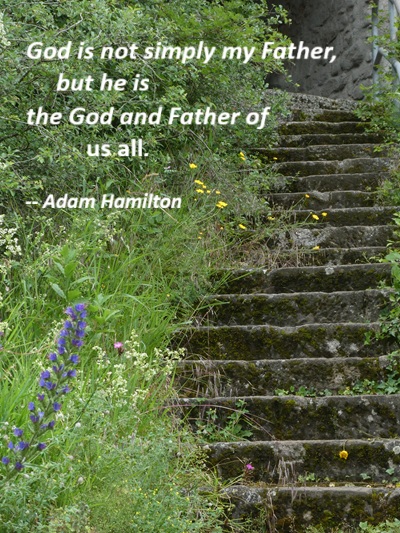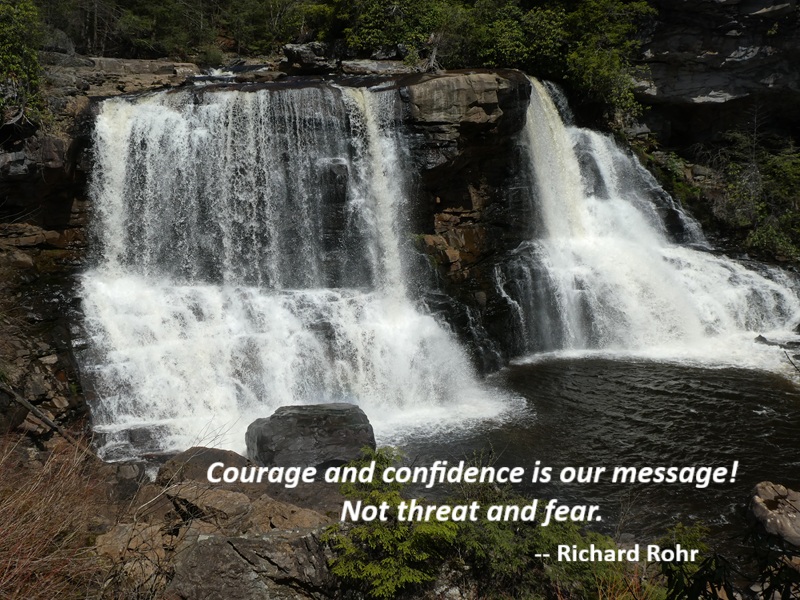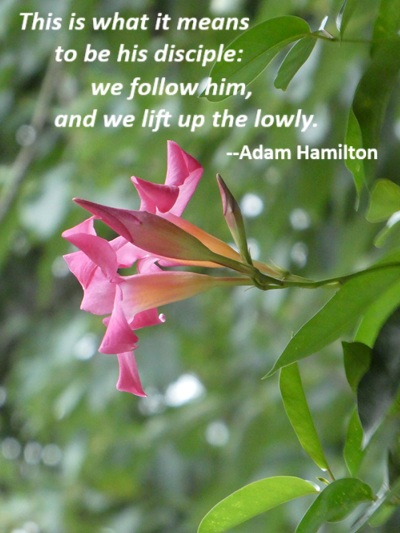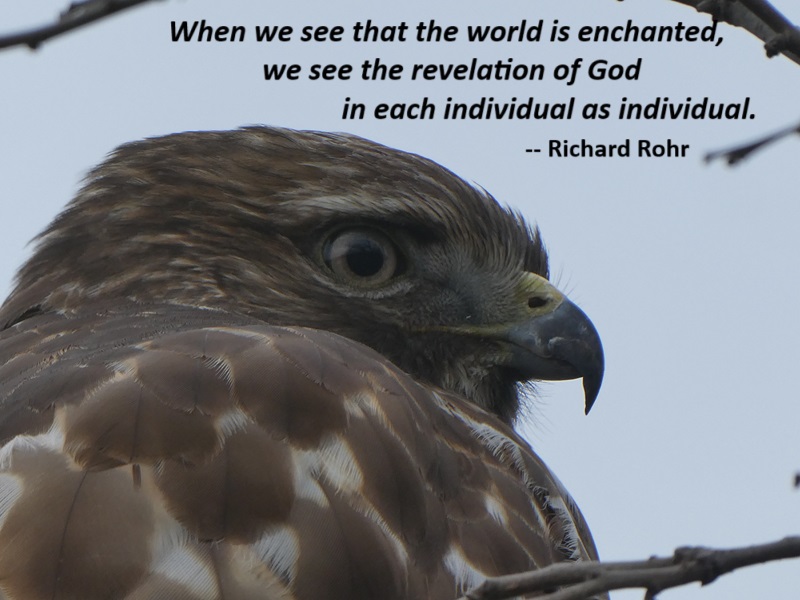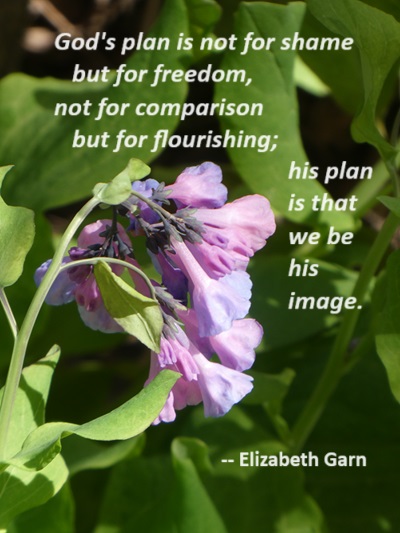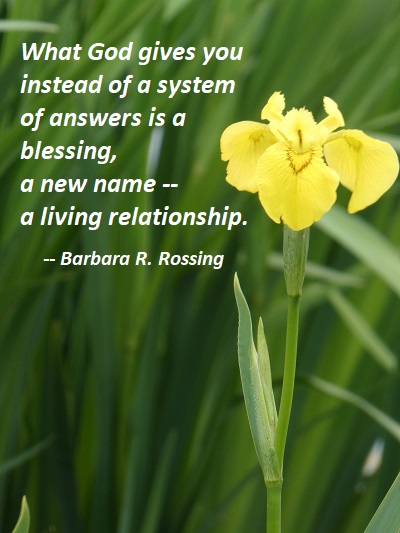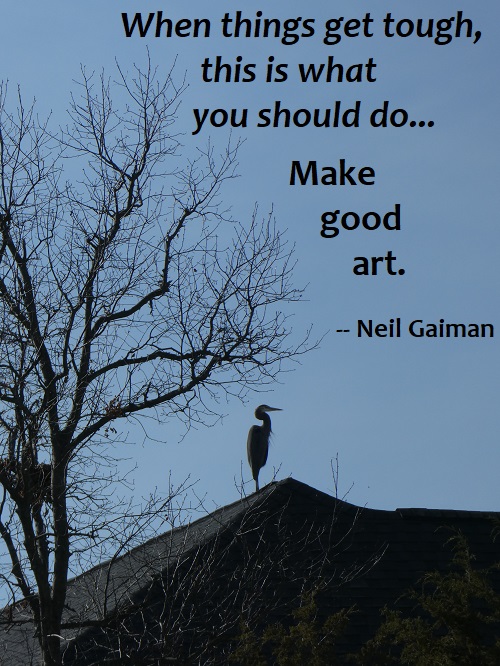Our Father
When I pray this line of the prayer, I put a special emphasis on the word our as a way of reminding myself that God is not simply my Father, but he is the God and Father of us all. Whether others acknowledge him or not, he is still the Creator of all things, the Giver and Sustainer of all life. He is the Father of all humans. This seems particularly important in a world prone to polarization and divisions. God is not simply the God of Protestants but also of Catholics and Orthodox believers. God is not simply the God of conservatives, but also of liberals. God is not the Father of any one nation, or ethnic group, but the Father of all nations and peoples. He is not merely the Father of Christians, but the Father of Jews, Muslims, Hindus, Buddhists, and even atheists and agnostics who don’t believe in him.
— Adam Hamilton, The Lord’s Prayer, p. 7
Photo: Burg Falkenstein, Germany, June 19, 2024
